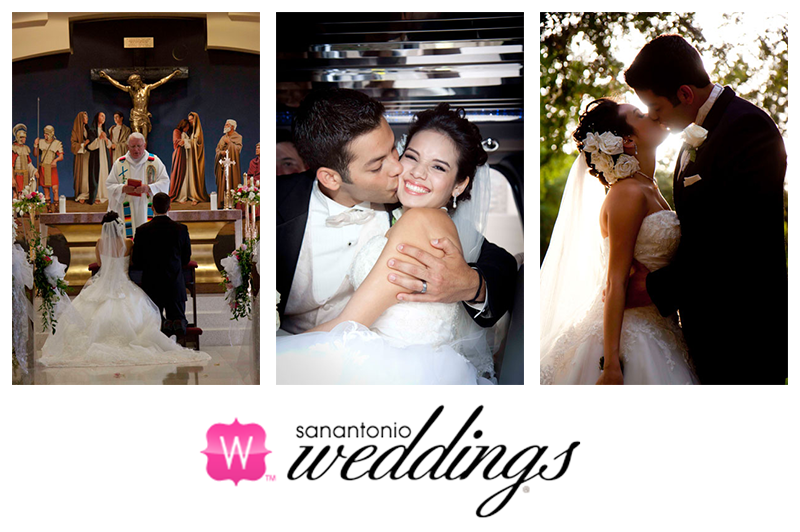Classical Music Glossary, Part Four
Classical Music Glossary, Part Four
Welcome back to Austin classical music / San Antonio classical music 101!
In our last few blogs, we’ve been discussing some of the terms associated with classical music so you can get a better understanding and appreciation for the music. Today we’re talking about the various periods of classical music. They each have their own distinct style and flavor, and most music historians classify them into six different periods.
- Medieval (before 1400) – this period of music is characterized by the significant use of chant. It was later harmonized with 4ths, 5ths, and octaves. Many styles of music took form during the Medieval Period: Gregorian chant, organum, motets, liturgical dramas and chansons.
- Renaissance (1400 – 1600) – during this 200 year span, there was a vast increase of secular music, madrigals and art song. An explosion of knowledge, wealth, and creativity occurred during the Renaissance Period. Not only were great works of art created, but also great pieces of music.
- Baroque (1600 – 1750) – Known for its inconsistency, this period encompasses the use of basso continuo, degrees of ornamentation, self-expression, open forms and the formation of counterpoint. Although the music of the Baroque Period shares the same genre title, the difference between pieces can be quite astounding.
- Classical (1750 – 1820) – Spanning seventy years, the classical period is a time when composers began pulling in the reigns of the many baroque period musical styles by creating strict compositional “rules and regulations.” Yet within their rigidity, great composers like Haydn and Mozart were able to create some of the greatest classical music the world has ever heard.
- Romantic (1820 – 1900) – the music of this period is often deemed emotional, large and programmatic. Known for breaking the rules of Classical Period composition and structure, the Romantic Period explores the use of large ensembles, extreme emotion, and wild orchestration.
- 20th Century (1900 – present) – Also known as the Age of Technology, 20th Century music took full advantage of new technologies as they became available. Not constricted by rules of the classical period, composers had the stylistic freedom to write however they pleased.
Do you have questions or comments about classical music? Are you planning an office event, chamber concert, wedding ceremony or special event that calls for professional Austin event musicians or San Antonio event musicians? Please contact us so we can help. Our performances can range to include the trumpet, violin, cello, string quartet, and so much more! From traditional wedding music to contemporary choices, we provide the perfect setting for that special event.



